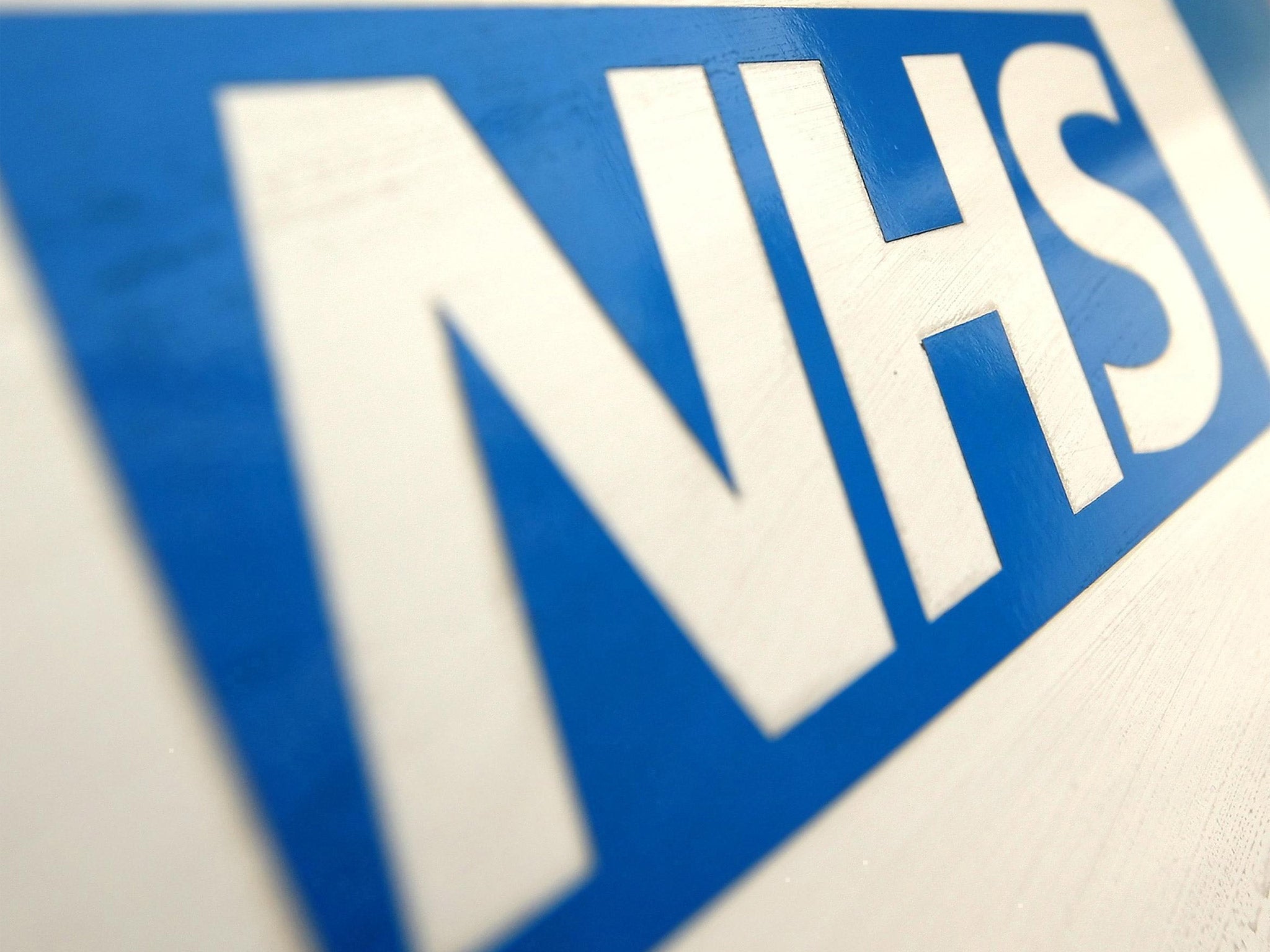NHS must 'adapt to survive,' says chief executive Sir David Nicholson
Sir David believes that centralising services is the way forward

Your support helps us to tell the story
From reproductive rights to climate change to Big Tech, The Independent is on the ground when the story is developing. Whether it's investigating the financials of Elon Musk's pro-Trump PAC or producing our latest documentary, 'The A Word', which shines a light on the American women fighting for reproductive rights, we know how important it is to parse out the facts from the messaging.
At such a critical moment in US history, we need reporters on the ground. Your donation allows us to keep sending journalists to speak to both sides of the story.
The Independent is trusted by Americans across the entire political spectrum. And unlike many other quality news outlets, we choose not to lock Americans out of our reporting and analysis with paywalls. We believe quality journalism should be available to everyone, paid for by those who can afford it.
Your support makes all the difference.The NHS must “adapt to survive” by centralising services in what could be the most significant reform in its history, the chief executive of NHS England has said, suggesting smaller clinics or even hospitals may have to close.
Sir David Nicholson, who is standing down this year after eight years in the job, said that the NHS was facing a £30bn funding gap and warned the sums “don’t add up”.
“I believe the NHS needs to embark on a programme of transformational change to front-line care, arguably the most significant since its creation,” he added.
In an article for The Daily Telegraph, Sir David wrote that the “NHS does a superb job, but it cannot stand still – it needs to adapt to survive”.
“We live in a time of austerity and we cannot bet on further funding increases,” he said.
“The NHS has to change because, like every major health system in the world, we face a big financial problem for the future: the sums don't add up.
“If we don't change, we face a funding gap that could be £30 billion by 2021.”
He said that centralising services was the way forward.
“We know centralised, large units, with concentrated expertise and technology, work best in providing the most effective care, so we need to ensure this approach is applied to other parts of the service, for people with very rare conditions and for significant planned surgery,” Sir David said.
Join our commenting forum
Join thought-provoking conversations, follow other Independent readers and see their replies
Comments